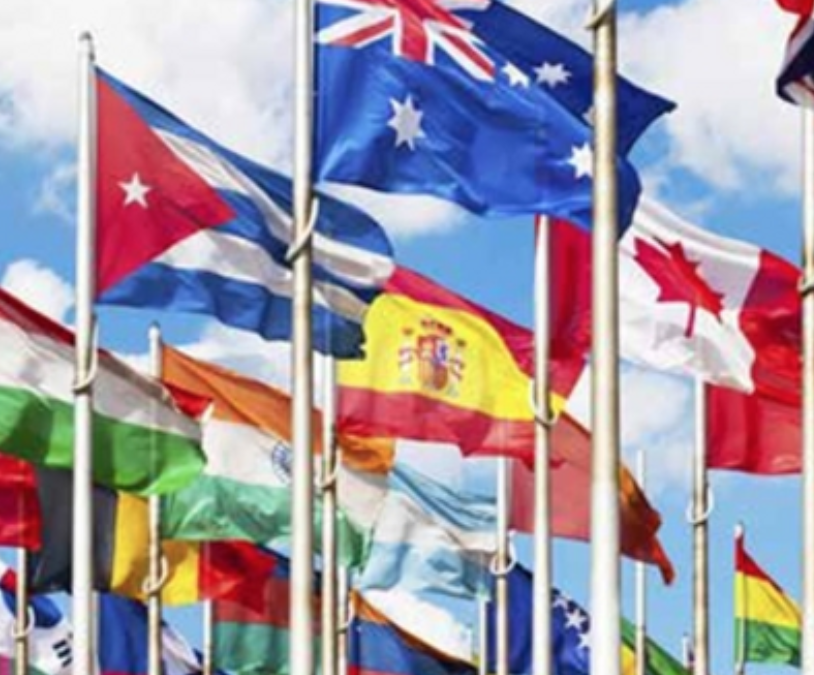It is very interesting and also very difficult to keep up-to-date with the legal/regulatory environment around cryptocurrencies and tokens. But here is a flavour for how I see the environment evolving around the world.
Firstly, on Bitcoin itself. I don’t believe any jurisdiction has made the owning or transfer of Bitcoin in of itself illegal. This maybe because there is nothing inherently wrong with the asset, just like gold, it would be ridiculous to make the owning of gold illegal. It may also be because it would be very difficult if not impossible to track and enforce such a law. I conclude that it is legal everywhere to own and trade Bitcoin, peer to peer.
From here the waters get muddier. Governments like control, they particularly like control over money. Most governments have some form of money tracing agency which requires regulated financial institutions to report on cash transactions over certain amounts. This government snooping is justified in the basis of catching tax avoiders and preventing terrorist financing etc.
So the best place for governments to control crypto is at the place where cryptos intersect with the fiat world, this is typically either at crypto exchanges or banks. We have seen in the US, China and Australia KYM/AML laws introduced or extended to cover crypto exchanges, this can be a good thing, but it does not address the problem of tracing funds when the funds are on the ‘crypto side’ of the fence and trading peer to peer.
There were a number of panel discussion at the conference in New York a few weeks back where this topic was addressed. The panels included senior individuals from the US government regulators (SEC, Treasury, US Futures Trading Commission and many more) privacy experts (mathematicians and cryptographic experts) from digital start-ups and legal specialists.
What is clear to me at this stage is that each jurisdiction is going through the process of finding the right balance between the need to have oversight into financial transactions and at the same time not stifle development of the emerging digital economy and all the opportunities that come with it, these are diametrically opposed objectives. As I mentioned in my post from 14 June, Russia is considering the potential of blockchain to be the technology that will enable it to get the jump western economies over the coming decades. Getting this balance right is very important. There is a huge amount of study which could be done on this, but this post is already too long.
For now, I am just going to give red, amber, green rating indicating the extent to which jurisdiction are erring on the side of letting the technology develop. There are justifications for each rating but in the end it’s just my view…happy to debate if you like….all comments welcome.
Green – Singapore, Switzerland, Japan, Russia and now (I think) China
Amber – EU, India
Red (ish) – US, Australia This is evolving, countries will move between colours and more countries will be added.
